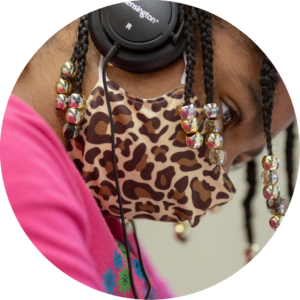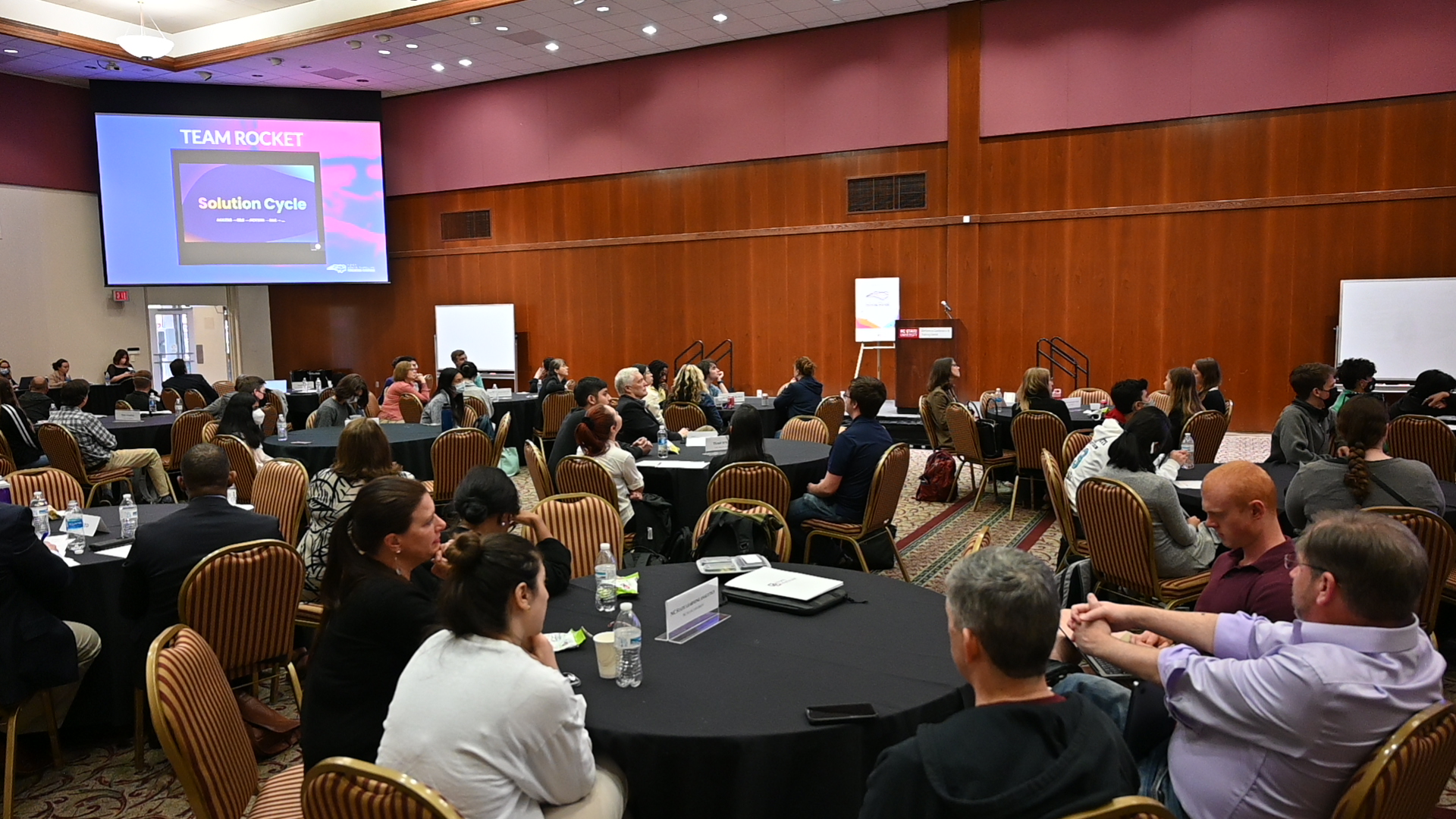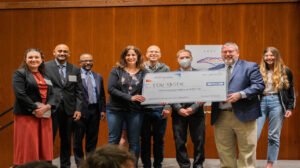The Challenge: We know that student access to out-of-school enrichment experiences can have a positive impact on academic achievement, but students of color, low-income students, and students with disabilities often are less likely to have access to these educational resources than are many of their peers.
Teams will use data to construct a statewide Out-of-School Learning Opportunities Index that demonstrates the relative accessibility of out-of-school resources for learning to K-12 students in different communities across the state. This index could take the form of a multidimensional scale, an application, a dashboard, an interactive map, and/or other data visualization format. Sample indices that teams can reference as they develop their solutions are:
Questions to Consider:
- What are the services and resources that students need outside of the classroom to be successful in learning?
- What is currently known about if and how students across the state access one or more of these supports?
- Where are there opportunities to expand access intentionally and strategically to out of school support services and resources? What would that expansion look like?
- What is the best equation or data analysis process teams can create and measure the value of out-of-school supports?
- What is the right community level of analysis? Town? County? Region?
- What are your options for grouping or clustering categories of opportunities?
- How do you value or weight categories relative to each other?
- How do certain factors (e.g., travel requirement, cost, experience required, etc.) affect those weights?
- How do you value or weight certain within-category entries?
- What do you do about extracurricular areas for which no data have been provided? For which no data appear to be available?
- What do you do when you get conflicting information about a resource from different data sources?
- What do you do when the information you can find in the data is incomplete or inadequate?
2023 North Carolina Education Datathon Postsecondary winner: The Steminists
2023 North Carolina Education Datathon Secondary winner: Wrong but Useful
The Challenge: The digital divide has been a long-standing challenge for learners across North Carolina. Even before the COVID-19 pandemic, access to digital devices and the internet was inconsistent across both rural and urban areas of our state. This digital divide has caused gaps in all levels of education, including postsecondary attainment. As North Carolina maintains a focus on meeting our postsecondary attainment goal of 2 million adults with high credentials or postsecondary degrees by 2030, closing the gaps in digital access will be a crucial strategy towards success. Teams will create data-driven solutions to address the inequitable gaps in postsecondary attainment rates caused by the digital divide.
Questions to Consider:
- What do we know about who is most affected by the digital divide?
- What do we know about postsecondary attainment rates in North Carolina and how they compare across demographic groups?
- How could North Carolina better track the effects of the digital divide?
- What data is missing and/or required to understand the state’s digital divide and future postsecondary education attainment rates?
2022 North Carolina Education Datathon winner: Edu-TASTIC
2022 North Carolina Education Datathon honorable mention: Team NCSSM











